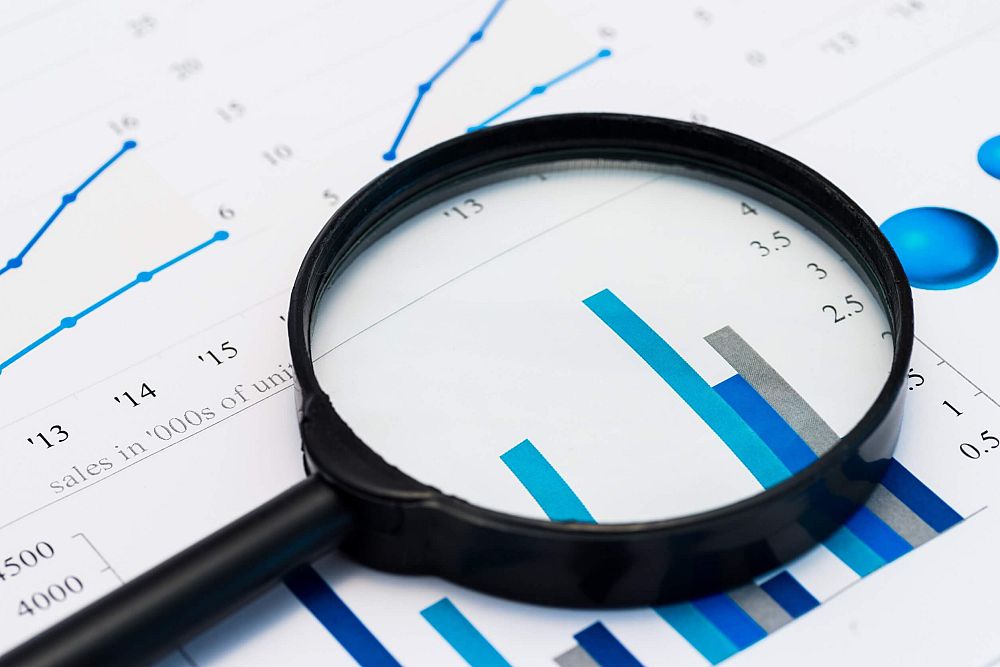Due Diligence... What is That all About When Purchasing a Business?

Due Diligence... What is That all About When Purchasing a Business?
What is due diligence?
Due diligence involves thoroughly examining a business's internal operations. This process helps identify opportunities and risks, allowing you to decide whether purchasing the business is advisable and, if so, to estimate a potential purchase price.
How do I carry out due diligence?
Due diligence can be challenging—it’s a detail-oriented process that, when done correctly, can take weeks or even months to complete. It’s important to define your process at the outset, ensuring that every aspect is thoroughly examined. While there may be a temptation to rush in order to save time and money, being methodical during due diligence is essential. This approach helps you make informed decisions and avoid unpleasant surprises after the deal is signed, leaving no room for reconsideration.
Define a process
Your due diligence process must cover several key topics. Here are some essential questions to ask:
How financially sound is the business? This provides a detailed analysis of revenue and expenses over time to better understand the business's profitability and sales trends.
How healthy is the environment? This refers to external factors that influence a business, such as economic trends, regulations, technology, and the market environment.
Who and what will you have access to? This may encompass the physical premises, financial and legal records, as well as suppliers, customers, and employees.
What are the key risks? This includes the risks associated with the business and its market environment. After identifying these risks, how can they be minimized or managed?
Who are the suppliers and customers? This area is closely tied to the risk profile of the business. Having a diverse set of suppliers and customers is generally less risky than depending on just a few key players.
Assemble a team
It's ideal for the members of your due diligence team to have been with you from the beginning of your search for a business to acquire.
Collaborating with an experienced business broker, accountant, or lawyer can help you identify red flags early in the process, potentially saving you time and effort by avoiding dead ends. However, once you find a business you are interested in and are ready to engage in serious due diligence, certain experts will be essential:
Business Broker
An experienced business broker can offer valuable insights. Having witnessed numerous business transactions over the years, they have a keen understanding of which types of businesses succeed and which do not. They can compare the characteristics of a specific business with similar ones and have a strong instinct for its valuation and future potential.
Lawyer
Before starting due diligence, you will typically provide the seller with an offer. This expresses your interest in acquiring the business and outlines the key terms of the deal you have in mind. It also specifies your desired due diligence process and timeline, and often includes a confidentiality agreement to reassure the seller. A lawyer can also help clarify the legal aspects of the business you are acquiring and prepare the final offer when you are ready to make it.
Accountant
One of the most important aspects of due diligence is a careful analysis of the financial statements of the business you plan to acquire. If you are not trained in this area, it is advisable to seek the assistance of a qualified accountant. The more complex the business's finances, the greater the risk of overlooking important details that might not be obvious to someone without training.
Industry specialists
Depending on the type of business you want to purchase, there may be professionals who can offer specialized insights. For instance, an IT expert can evaluate the technology, a consultant can investigate contaminants and hazardous materials, and an engineer can assess physical properties or machinery on your behalf.
Recommended types of due diligence
Here are three of the main types of due diligence:
Commercial due diligence
This describes how the company generates revenue. It examines the business model, market share, economy, industry, competitors, and customers, as well as its risks and opportunities.
Financial due diligence
This involves analyzing the company's financial records, including financial statements, trial balances, forecasts, tax returns, bank statements, budgets, operating expenses, and other relevant data.
Legal due diligence
This involves analyzing the company's financial records, including financial statements, trial balances, forecasts, tax returns, bank statements, budgets, operating expenses, and other relevant data.
When purchasing a business, the due diligence process is crucial to ensure you're making the right decision. At Advantage Business Sales & Valuations, we recommend and support a thorough approach to help our buyers make informed decisions based on accurate and transparent information.
Tags: business owner small business tips
About the author

Dione Mauric
A co-founder of Advantage Business Sales and Valuations, Dione Mauric has a unique ability to create successful outcomes for her clients - ...









